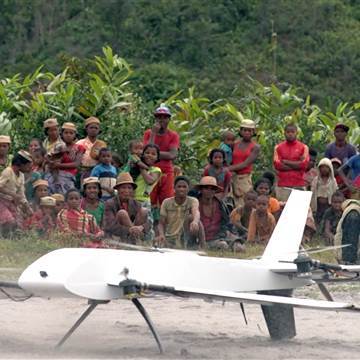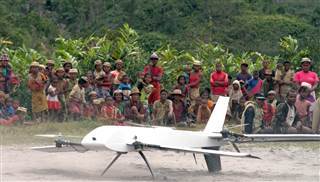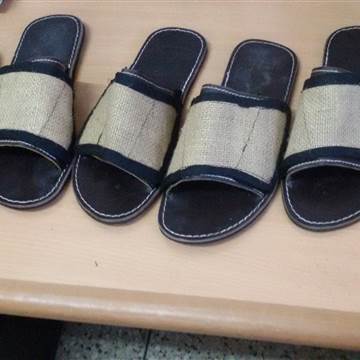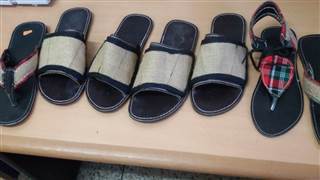Two groups that want to deploy drones to fight Zika won support from the federal government Wednesday.
They funding will go to helping them develop drones that could drop off Zika-fighting mosquitoes or ferry lab samples from remote regions.
They join a batch of inventive solutions for fighting Zika and other mosquito-borne diseases being funded by the U.S. Agency for International Development (USAID).


Delaware-based WeRobotics will use seed money from USAID to develop drones that can carry sterile mosquitoes into hard-to-reach zones. Flooding mosquito populations with sterile insects can greatly reduce populations as lovesick bugs waste time and energy mating with barren sweethearts.
Related: Mosquito Control Vital to Fight Zika
“Usually, when you think about fighting Zika you think of trucks driving up and down and fogging streets,” said Wendy Taylor, who directs USAID’s Center for Accelerating Innovation and Impact.
But there are plenty of places with packed humanity vulnerable to the Zika-carrying Aedes mosquitoes that are also hard to reach.
“Mosquitoes are pretty small and they are pretty light so you can pack a lot of punch in these small devices.”
“Think about Rio — think about the favelas,” Taylor said, describing the haphazard neighborhoods that define parts of Brazil’s coastal metropolis.
“It might be easier to use a UAV (unmanned aerial vehicle) instead of driving up and down small, winding streets with a truck.”
Related: Here’s a Look at Our Tools to Fight Zika
The idea is to pack the drones with sterile mosquitoes and drop them into mosquito hot zones. Or they could deliver a load to hard-to-reach zones that cannot quite be reached by trucks, larger aircraft or people on foot.
“Those little spots can turn into hot spots that spread,” Taylor said.
USAID is using $30 million borrowed from Ebola-fighting efforts to pay for its “Grand Challenge” grants.
The Obama administration pulled the Ebola cash when Congress failed to provide a requested $1.9 billion in new funding earlier this year. Part of the money got approved when Congress passed a temporary budget at the end of last month but it won’t go to pay back any Ebola funds.
Taylor said all of the projects being funded can fight not only Zika, but a range of mosquito-borne diseases including malaria and yellow fever, as well as dengue fever and chikungunya.
Related: Complete NBC Coverage of the Zika Virus Outbreak
“Mosquitoes are pretty small and they are pretty light so you can pack a lot of punch in these small devices,” Taylor said. “That drone can then go back and reload.”
Delaware-based WeRobotics will work with United Nations agencies to deliver the sterile mosquitoes. Michigan-based Vayu is working on drones that can deliver medical supplies or ferry lab samples to and from remote regions.


Other projects getting USAID funding include a group making sandals impregnated with mosquito repellent that protect vulnerable feet and ankles for months; groups working to infect mosquitoes with bacteria called Wolbachia that make them sterile; and a team at Johns Hopkins University making natural insecticides out of soil bacteria.
Related: Scientists Aren’t Afraid of GM Mosquitoes
Taylor said the agency got overwhelming response when it sent out a call for new ideas.
“In two months, we ended up getting 900 ideas,” she said.
A group called BluSense is working to develop a one-drop blood test that can show on the spot if someone’s infected with Zika, or with one of its close relatives such as dengue or chikungunya.
It’s tricky to test someone for Zika infection and people who think they may be infected say they sometimes have to wait weeks for results. Having a quick test that can be used in the field would greatly improve efforts to study and fight Zika.
Zika has spread across much of Latin America and the Caribbean, and it’s caused outbreaks in south Florida.
The Florida department of health reports more than 1,000 cases of Zika. Most have been carried in by travelers but 172 people have been infected in Florida, presumably by Aedes mosquitoes that live there. Travelers infected with Zika can infect other people sexually and if they are bitten by Aedes mosquitoes when they get back home, those mosquitoes can infect more people.






